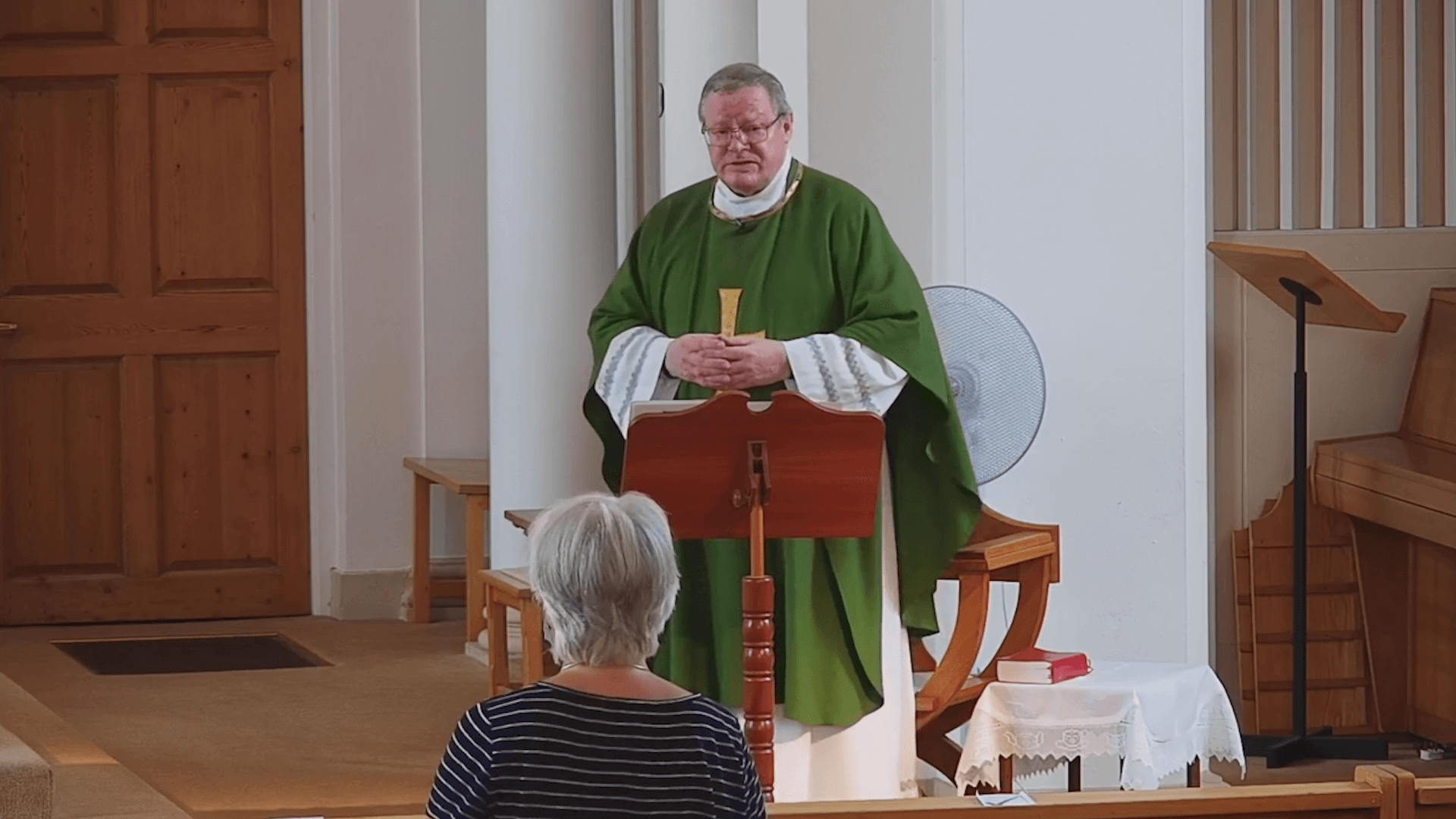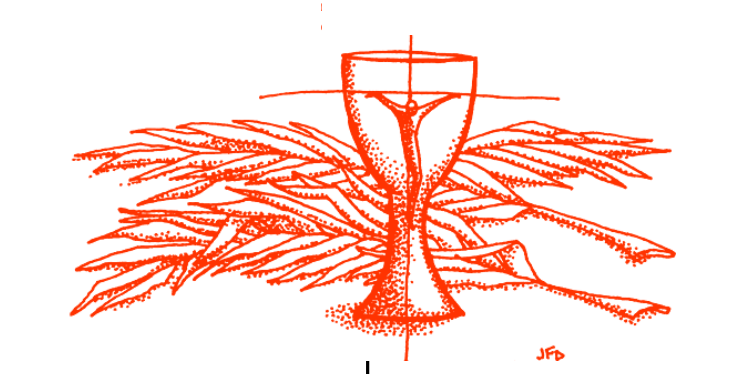Sunday 3rd October 2021

Some Pharisees come to Jesus to confront him over his interpretation of Scripture and, specifically, how he understood the matter of divorce. Jesus throws the question back to them by asking what the Mosaic Law commanded. The Pharisees reply that a man is permitted to give his wife a bill of divorce and send her away. Jesus shifts the discussion away from this law (Dt. 24:1-4), the interpretation of which could range from the permissive to the stringent. He goes beyond the question of is it lawful?” and beyond legalistic arguments to the plan of God for relationships between men and women. The focus then becomes marriage, not divorce.
The prophet Malachi had denounced divorce, appealing to the creation story that we have heard in the first reading (Mal. 2:13-17). Jesus also takes a prophetic, countercultural stance, and refers to this same Torah text. This encounter with the Pharisees comes in the section of Mark’s gospel where the focus is on the cost of discipleship, as proclaimed over the last three weekends, and fidelity in marriage is never a cheap grace. Jesus refers to Moses’ concession about divorce as something that was allowed because of a sickness of the heart or cardiosclerosis, to give a literal translation of “hardness of . . . . heart.” The same words are used to describe their ancestors’ wilderness rebellion in Psalm 95:8-9. In the divine plan for whole and healthy human relations in marriage, God did nor intend divorce, says Jesus.
“In the house” with his disciples, Jesus expands his teaching, probably reflecting the Markan concern to strengthen the marriage commitment in the Christian communities in the Greco-Roman world where divorce was common, and women could also divorce their husbands. Jesus’ message is not only uncompromising, it is also countercultural, passing a subtle judgment on the double standard that allows one course of action for men but denies the same for women. Not only does a woman who has been divorced by her husband and marries another man commit adultery; it also works the other way around, says Jesus. That he should accuse of adultery a man who divorced his wife and marries another woman, offended patriarchal honour! But both the man and the woman have equal rights and responsibilities to God’s plan for their unity in “one flesh.”
Jesus’ teaching on marriage and divorce flows directly into the description of his blessing of the young children, and once again we see the obtuseness of the disciples. Their selective memory has forgotten the words and action of Jesus when he placed and embraced a little child in their midst as a sign of their responsibility to and love of the insignificant and unimportant ones (Mk 9:36-39). They “rebuke” the people, presumably the children’s parents, and most likely their mothers, just as Peter had “rebuked” Jesus, had tried to exorcise him of his ideas about suffering and death (Mk 8:32). Once again Jesus turns the rebuke back on the disciples in an attempt to rid them of their spirit of preoccupation with power and status. The disciples’ stern, dismissive words to the people bringing the children to Jesus contrast with Jesus’ words of gentle encouragement to those who want him to touch their children, to have contact with Jesus’ own holy person and have him call down on them the blessing of God. Jesus again embraces the children, hugging to himself those who are helpless and dependent.









